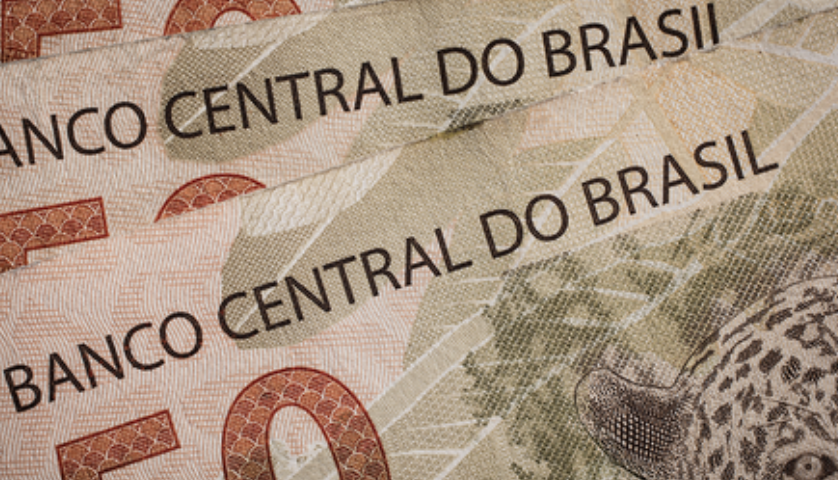$EWZ $BRL $BTC
#Brazil #Lula #FiscalReform #Forex #EmergingMarkets #CurrencyVolatility #CentralBank #InterestRates #Economy #BRL #Inflation #GlobalMarkets
Brazil faces a pressing economic challenge as its currency, the real ($BRL), remains under pressure amid fiscal concerns and investor skepticism. The central bank has already expended billions of dollars in foreign exchange reserves and implemented aggressive interest rate hikes in an attempt to stabilize the currency and curb inflation. However, the outlook for the real could deteriorate further if President Luiz Inácio Lula da Silva fails to swiftly deliver on promised fiscal reforms, a key focal point for domestic and international investors alike. Concerns surrounding Brazil’s fiscal trajectory are growing, and any perceived policy missteps could exacerbate the currency rout, intensifying financial instability in Latin America’s largest economy.
Brazil’s central bank’s proactive measures, including more than a year of interest rate hikes that have lifted the benchmark Selic rate to 13.75%, have succeeded in tempering inflationary pressures to an extent. However, the cost of this policy has been significant, as elevated borrowing costs have weighed on economic growth. Moreover, the central bank has drawn heavily on its foreign exchange reserves to support the real, risking a depletion of critical resources. The markets are now watching closely to see if Lula can bridge the gap between economic promises and fiscal discipline, particularly as Brazil’s debt-to-GDP ratio remains alarmingly elevated at over 70%. Any lack of clarity or delays in fiscal consolidation efforts could further undermine the real, making it harder for the central bank to maintain its current monetary policy stance.
From a currency market perspective, the real’s devaluation has not only impacted domestic businesses and household purchasing power but also deterred foreign investors who see Brazil’s sovereign risk rising. The capital outflows resulting from this uncertainty have placed further downward pressure on the real. This raises questions about whether Brazil could eventually face a balance-of-payments crisis should the reform agenda stall. Furthermore, ongoing political dynamics and Lula’s government facing opposition in Congress suggest that passing reforms may be a prolonged and contentious process. Markets are keenly aware of these risks, and investor sentiment towards $EWZ, the iShares MSCI Brazil ETF, reflects this cautious outlook as the ETF has seen significant volatility in recent months.
The broader implications of Brazil’s currency crisis could ripple across emerging markets, many of which are grappling with similar inflationary pressures and currency devaluations amid slowing global growth. If Brazil, a bellwether for emerging market economies, cannot stabilize its fiscal and monetary outlook, it may trigger a loss of confidence in other developing countries, leading to wider-spread capital outflows. Meanwhile, commodities and risk assets, such as cryptocurrencies like $BTC, may experience greater volatility as global investors reassess their appetite for risk. For Lula, the stakes could not be higher. His ability to implement fiscal reforms quickly and convincingly will determine whether Brazil regains the market’s trust or spirals further into economic uncertainty.







Comments are closed.